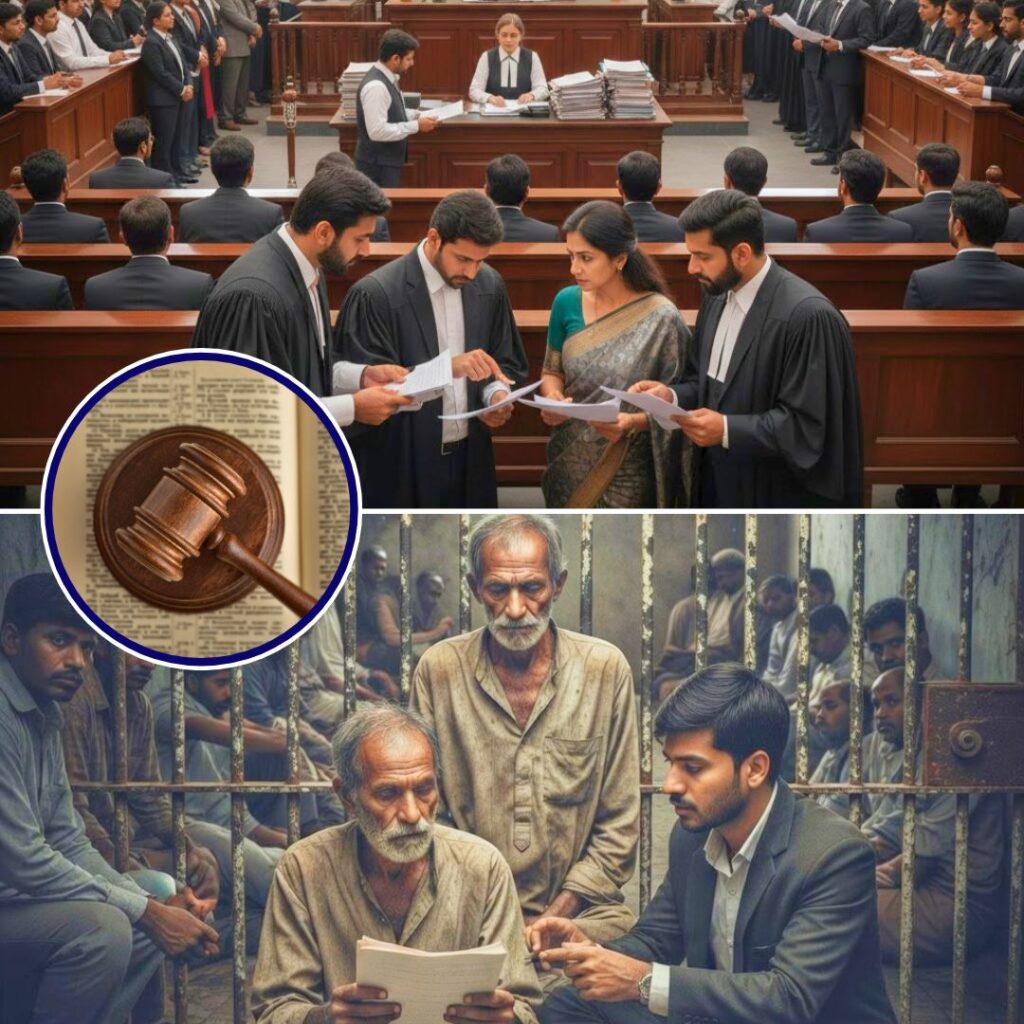At Pune airport, a group of SpiceJet passengers travelling on flight SG-8124 to Delhi confronted airline staff over the poor quality of food served during a prolonged delay exceeding seven hours. Viral videos show frustrated passengers surrounding a SpiceJet ground staff member, demanding he eat the same meal they were given, which they disparagingly referred to as “janwaro ka khaana” (animal food).
SpiceJet has categorically denied these allegations, affirming that the food was fresh and sourced from an authorised vendor. The airline condemned the passengers’ behaviour as unacceptable and praised its staff for maintaining professionalism under pressure.
The incident, which occurred over two weeks ago, has recently gained widespread attention on social media, sparking debate on passenger conduct and airline accountability.
Viral Confrontation Highlights Passenger Frustration and Staff Resilience
The confrontation unfolded during a significant delay of SpiceJet flight SG-8124, which was scheduled to depart Pune for Delhi but was held up for more than seven hours due to operational reasons. As passengers grew increasingly restless and agitated, tensions escalated when the quality of food served to them was called into question.
Videos circulating on platforms like X (formerly Twitter) show a group of visibly upset passengers encircling a SpiceJet Deputy Manager, insisting he consume the same meal they had been served. The staff member complied, eating the food in front of the crowd, while passengers vocally expressed their dissatisfaction, with some using harsh language to describe the meal.
The footage has since gone viral, amassing over five lakh views and eliciting strong reactions from viewers. Many social media users criticised the passengers for their aggressive behaviour, highlighting the importance of civility even in frustrating situations, while others empathised with the passengers’ ordeal but urged more constructive ways to address grievances.
SpiceJet’s Firm Rebuttal and Call for Respectful Dialogue
In response to the viral incident, SpiceJet released an official statement rejecting all claims regarding the substandard quality of food. The airline clarified that the meals were freshly prepared and supplied by a licensed vendor who services multiple airlines at Pune airport, adhering to strict hygiene and quality standards.
SpiceJet described the incident as “deeply unfortunate” and expressed concern over the passengers’ conduct, labelling it “unacceptable and condemnable.” The airline commended the ground staff member for his composure and professionalism, noting that he remained polite and respectful despite facing verbal abuse and physical intimidation.
SpiceJet reiterated its commitment to passenger welfare and called for mutual respect and understanding between passengers and airline personnel, especially during unavoidable disruptions like flight delays.
Amid a flight delay at Pune airport, a group of SpiceJet passengers confronted airline staff over poor food quality. Viral videos show angry flyers surrounding a ground staffer, insisting him to eat the same meal. SpiceJet has rejected the allegations about food. pic.twitter.com/I1jFEaLKsK
— Pune City Life (@PuneCityLife) June 17, 2025
The Logical Indian’s Perspective
This episode serves as a poignant reminder of the challenges faced by both passengers and airline staff during travel disruptions. While it is natural for passengers to feel frustrated when flights are delayed and services fall short of expectations, it is equally important to uphold respect and empathy in our interactions.
Public humiliation and aggression towards service staff not only harm individuals but also erode the spirit of cooperative problem-solving.
At The Logical Indian, we advocate for peaceful dialogue, kindness, and empathy as the foundations for resolving conflicts and improving service experiences.
Constructive communication can lead to better outcomes for all parties involved, fostering harmony even in difficult circumstances. How do you think travellers and service providers can work together to handle such stressful situations with greater understanding and patience?













